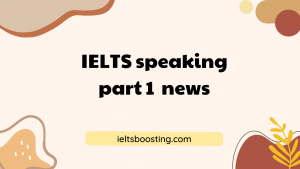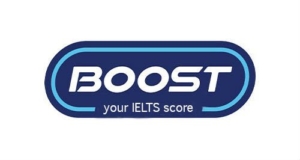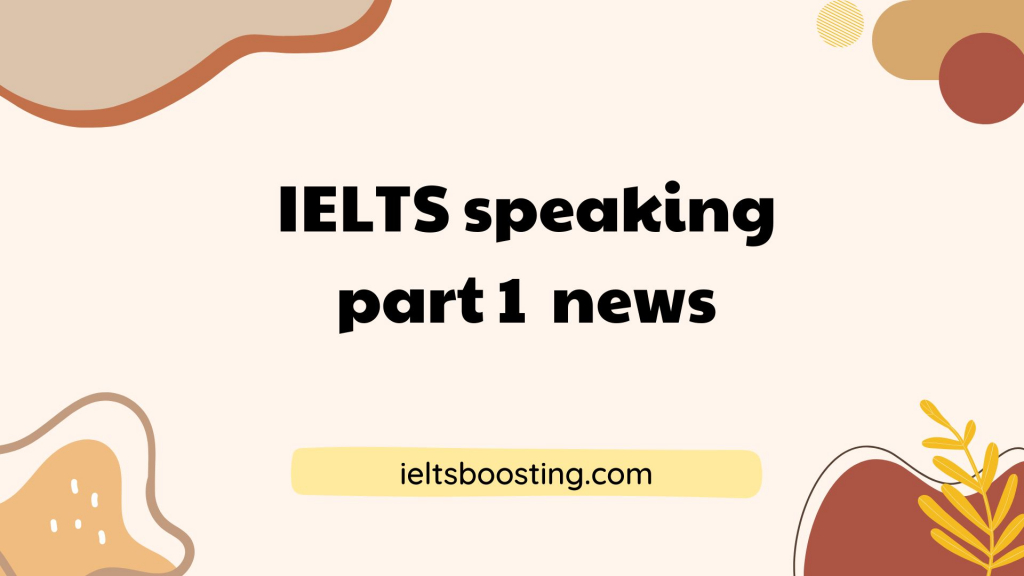IELTS speaking part 1 news
How do you usually get your news?
I usually keep up with the news by browsing various online news portals; it’s my way to stay in the loop. I find this method very convenient because I can quickly catch up on the latest happenings around the globe whenever I have a spare moment. Besides, I sometimes get wind of interesting headlines through social media, which prompts me to dig deeper.
Useful vocabulary:
- Portals [ˈpɔːr.təlz] – (n) cổng thông tin
- Example: Many people use online portals to access their daily news and entertainment.
- Convenient [kənˈviː.ni.ənt] – (adj) thuận tiện
- Example: Mobile phones are convenient for checking news on the go.
- Dig deeper [dɪɡ ˈdiː.pər] – (phrasal verb) đi sâu vào vấn đề
- Example: After reading the summary, he decided to dig deeper into the report to understand the details.
- In the loop [ɪn ðə luːp] – (idiom) được thông báo, hiểu biết về những gì đang xảy ra
- Example: Make sure to keep the manager in the loop about the project’s progress.
- Catch up on [kætʃ ʌp ɒn] – (phrasal verb) cập nhật, làm mới thông tin
- Example: I need to catch up on my reading this weekend.
- Get wind of [ɡɛt wɪnd ɒv] – (phrasal verb) nghe ngóng, biết được tin tức không chính thức
- Example: She got wind of the changes in the company before the official announcement.
IELTS speaking part 1 science topic

ielts speaking part 1 news
What kind of news do you follow regularly?
I regularly follow technology and science news because I have a knack for staying updated with the latest innovations and discoveries. I also make it a point to catch up on international news to get a broader perspective of the world. Sometimes, I delve into economic news to keep tabs on market trends which could impact my investments. These habits ensure I’m not left in the dark about significant global and technological developments.
Useful vocabulary:
- Perspective [pərˈspek.tɪv] – (n) góc nhìn, quan điểm
- Example: Reading history books can provide a new perspective on current events.
- Delve into [delv ˈɪntuː] – (phrasal verb) đào sâu, nghiên cứu kỹ lưỡng
- Example: He decided to delve into the details of the contract before signing it.
- Keep tabs on [kiːp tæbz ɒn] – (phrasal verb) theo dõi sát sao
- Example: As a project manager, she has to keep tabs on all aspects of the project.
- Left in the dark [left ɪn ðə dɑːk] – (idiom) không được thông báo, thiếu thông tin
- Example: Employees felt left in the dark about the upcoming changes in the company.
How much time do you spend reading or watching the news each day?
I typically spend about thirty minutes each day keeping abreast of the latest news. I usually skim through the headlines during breakfast and watch a detailed news report in the evening to wind down after work. I believe it’s crucial to strike a balance, so I don’t let the news consume my entire day. However, I do make an exception when there’s a breaking story that I can’t afford to miss.
Useful vocabulary:


